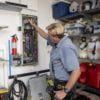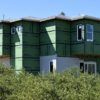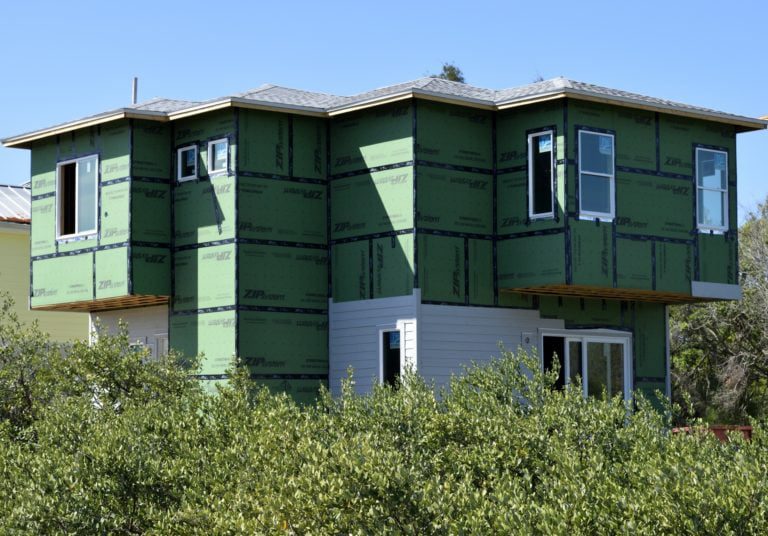4 Point Inspection
4 Point Inspection
I’d like to take a few minutes to talk about 4 Point Inspections. A 4-point inspection consists of completing a standardized form regarding the fundamental systems comprised in a structure. It is really a fairly inclusive inspection report in a format underwriters use to evaluate the risk when writing an insurance policy. In general, a 4-point inspection covers the four major cost expense systems: your electric, the plumbing, the roof, and the hvac. This also includes the damages that they have or may result from their current conditions. This typically does not and should not replace the buyer’s full home inspection that they would have prior to purchasing. That has a much more inclusive scope and a required inspection list.
How Did the Report Come About?
In the past years it was regularly requested on structures 25 years of age or older, but in recent years several insurance companies have begun requesting them on structures as young as 15 years. The first section of a 4 Point is regarding the home’s electrical system. It includes all electrical panels the wiring and any hazards noted with several specific questions asked on the form regarding if various hazards are present.
In the second section the HVAC or heat and air conditioning systems are covered and include any solid fuel and gas-fired equipment and the use of portable heat sources.
In the third section the home’s plumbing system is examined. This includes the pipes, the appliances, leakages, and water intrusions both past and present.
In the fourth and final section the roof and or roofs are considered again things such as style, type and conditions are reviewed, roof age, and existing damages are recorded and again asked in several specific questions.
All these answers must be verified and recorded with color photos that must be part of the finished form. Getting your 4 Point inspection form done correctly is extremely important to both policy coverage as much as the rates. This is not the place to go with the cheapest inspector in town, or the one provided by your insurance agent. To schedule your 4-point inspection press the call button or just use the phone number you see on the page .I look forward to speaking with you!
Thank you I’m Rick, this is Trade Secrets Inspections .
239-537-1186
4 Point Inspection Read More »



